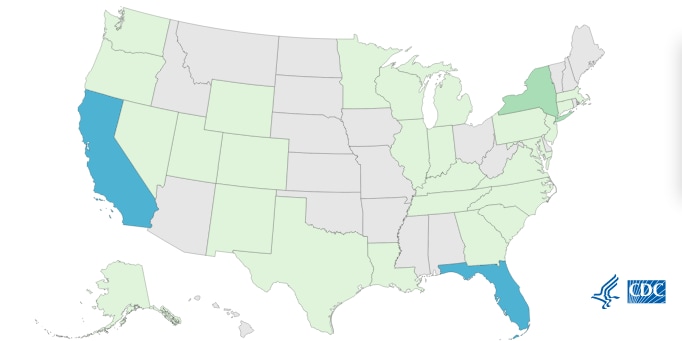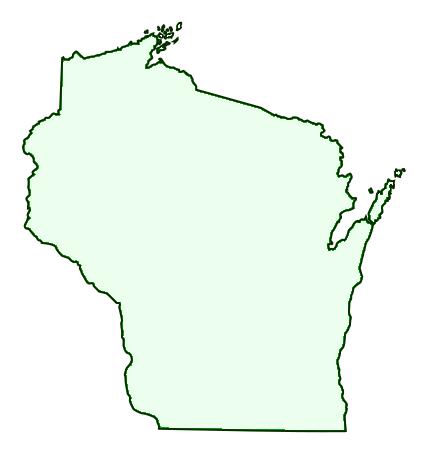New Variant of Virus that Causes COVID-19 Detected
Written by COVID-19 NEWS on February 1, 2021
What we know

US COVID-19 Cases Caused by Variants
View a map showing the number of confirmed cases in each state.
Viruses constantly change through mutation, and new variants of a virus are expected to occur over time. Sometimes new variants emerge and disappear. Other times, new variants emerge and persist. Multiple variants of the virus that causes COVID-19 have been documented in the United States and globally during this pandemic.
The virus that causes COVID-19 is a type of coronavirus, a large family of viruses. Coronaviruses are named for the crown-like spikes on their surfaces. Scientists monitor changes in the virus, including changes to the spikes on the surface of the virus. These studies, including genetic analyses of the virus, are helping scientists understand how changes to the virus might affect how it spreads and what happens to people who are infected with it.
Multiple variants of the virus that causes COVID-19 are circulating globally:
- The United Kingdom (UK) identified a variant called B.1.1.7 with a large number of mutations in the fall of 2020. This variant spreads more easily and quickly than other variants. In January 2021, experts in the UK reported that this variant may be associated with an increased risk of death compared to other variant viruses, but more studies are needed to confirm this finding. It has since been detected in many countries around the world. This variant was first detected in the US at the end of December 2020.
- In South Africa, another variant called B.1.351 emerged independently of B.1.1.7. Originally detected in early October 2020, B.1.351 shares some mutations with B.1.1.7. Cases caused by this variant have been reported in the US at the end of January 2021.
- In Brazil, a variant called P.1 emerged that was first identified in travelers from Brazil, who were tested during routine screening at an airport in Japan, in early January. This variant contains a set of additional mutations that may affect its ability to be recognized by antibodies. This variant was first detected in the US at the end of January 2021.
These variants seem to spread more easily and quickly than other variants, which may lead to more cases of COVID-19. An increase in the number of cases will put more strain on health care resources, lead to more hospitalizations, and potentially more deaths.
So far, studies suggest that antibodies generated through vaccination with currently authorized vaccines recognize these variants. This is being closely investigated and more studies are underway.
Rigorous and increased compliance with public health mitigation strategies, such as vaccination, physical distancing, use of masks, hand hygiene, and isolation and quarantine, is essential to limit the spread of the virus that causes COVID-19 and protect public health.






